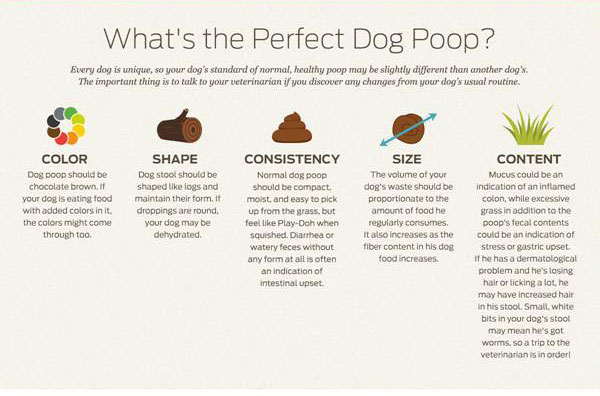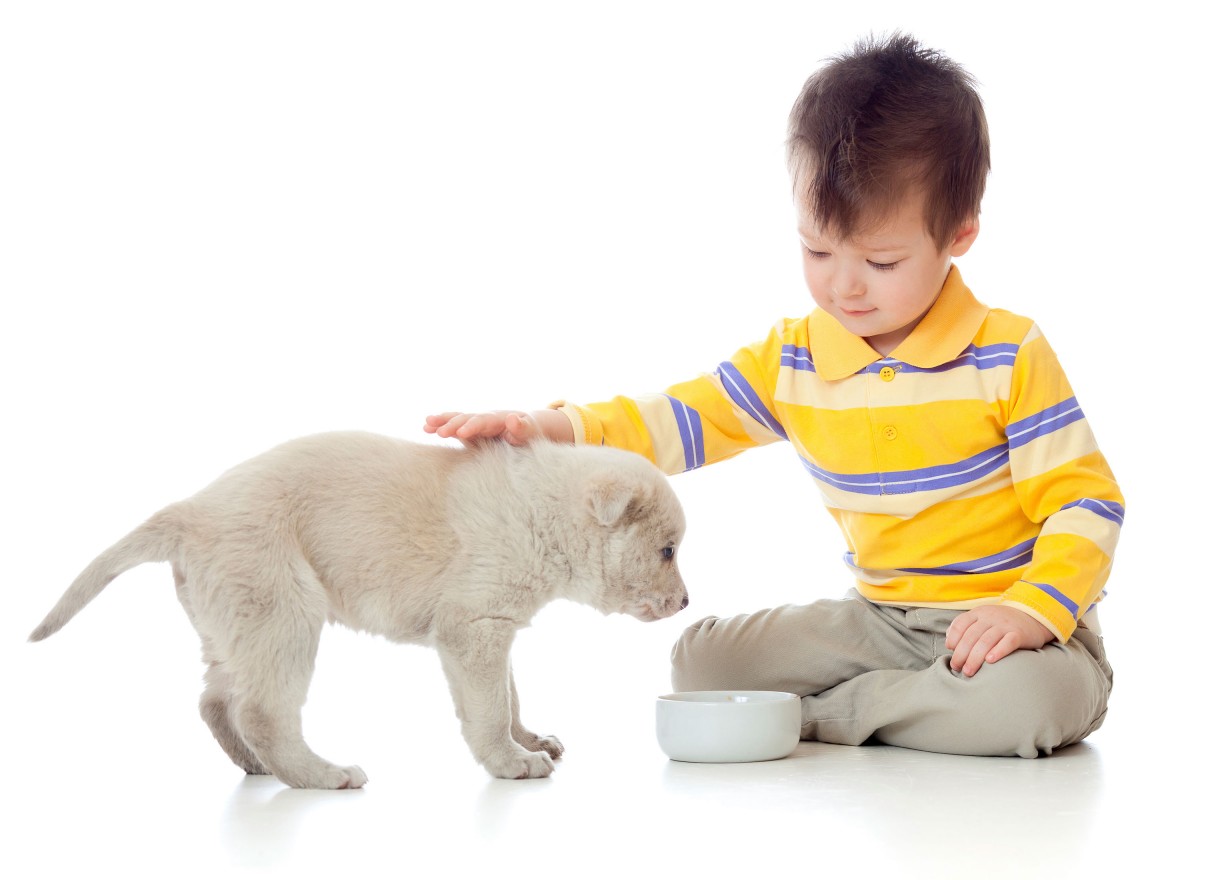
Dogs
A puppy's relationships with his mother and littermates during the first 8 weeks of his life determine his personality and what kind of companion he'll be for your family. He and his littermates will test one another and learn when to be dominant or submissive. For most of this period, his mother will provide for his basic needs, teaching him discipline and how to play.
Nature has given most canine mothers an instinctive nurturing ability. Of course, the mother herself must be healthy, secure and disciplined. If she is stressed or overbred, her ability to nurture her litter will be severely compromised. Responsible breeders support the mother and provide a warm, quiet environment. If a pregnant dog or newborn puppies are turned into a shelter, caring, knowledgeable humans can fill a similar role, even hand-rearing puppies if necessary.
Puppies develop rapidly. At birth, they are blind and deaf. They can't eliminate on their own, nor can they regulate their body heat. But they grow so quickly that you can witness their progress day to day. Here is a basic guide to a puppy's first few weeks of life:
While her newborn puppies spend 90 percent of their time sleeping, a mother's instincts tell her to keep them huddled together for warmth: A chill can kill them. Although the puppies can't see or hear, their senses of smell and touch guide them to mom's nipples. During the first few days, her milk will provide them with antibodies that will help them survive for 6 to 10 weeks. She also licks their tummies and genitals to help them urinate and defecate.
A tiny newborn's legs are so weak he can barely wriggle his way to the nearby nipple and the comfort of his siblings. During sleep, twitching movements, called activated sleep, help strengthen his legs. If the mother allows, the breeder or other main caretaker can begin to pick up each pup several times a day. This early, gentle human touch will help the dog bond with people later on.
During the third week, your puppy's senses open up. He can detect light, dark and movement and begins to respond to sudden or loud sounds. As he paws and mouths his littermates, he builds early social skills. He can relieve himself on his own now. Although he is not ready to wean, you might want to introduce him to a taste of veterinarian-prescribed puppy gruel. By the end of the week, your puppy can crawl; his tail begins to wag.
Quickly gaining strength and coordination, the puppy begins to respond to his environment. He can bark, stand, walk, run, even pounce. His mother teaches him to eliminate away from his sleeping area.
He learns to play by wrestling with his littermates. When he's nipped too hard or is batted back by a defensive sibling, he learns the difference between hard and soft biting. At this point, puppies are forever testing their limits and take turns sleeping at the top and bottom of the sibling pile. Hunting and chasing instincts kick in, so this is a good time to introduce your pup to toys.
The mother dog referees when playtime gets too rough. She may nudge or restrain an errant pup, or she may growl at him, teaching the puppy discipline and acclimating him to the process of training. If they're not properly socialized, orphaned dogs raised without a mother and littermates may have a hard time relating to their human leaders, and to other dogs, as well.
Toward the end of this period, it's time for the caretaker's family to become more involved with the young dog. This familiarizes him with the everyday smells and sounds of a modern household, including appliances, children and assorted adults.
Since he's cutting his first teeth, his mother begins to wean him. She might chew her food and then regurgitate it for her puppies to eat.
 Dog Diarrhea
It’s not a topic anyone likes
Dog Diarrhea
It’s not a topic anyone likes
 The Danger of Driving with Dogs
The Danger of Driving with Dogs
The Danger of Driving with Dogs
The Danger of Driving with Dogs
 Raising a Healthy Dog Begins with Proper Puppy Diet
Raising a healthy dog takes more th
Raising a Healthy Dog Begins with Proper Puppy Diet
Raising a healthy dog takes more th
 Proper Diet and Nutrition for Your Puppy
Proper Diet and Nutrition for Your Puppy
Proper Diet and Nutrition for Your Puppy
Proper Diet and Nutrition for Your Puppy
 Cephalexin For Dogs: How it Helps
Cephalexin is one of several antibi
Cephalexin For Dogs: How it Helps
Cephalexin is one of several antibi
Copyright © 2005-2016 Pet Information All Rights Reserved
Contact us: www162date@outlook.com